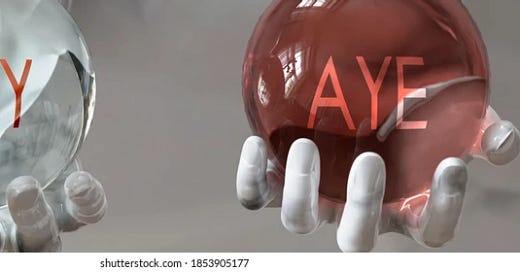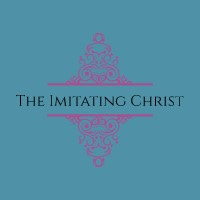There is violence in our human hearts—more in men, it seems, than in women. I am thinking of, for example, domestic violence, and families that are killed by bombs. And there are the less visible crimes such as longterm abuse of one kind and another. And so on, and sorrow on.
When wrong is done to us, a common first reaction is to seek “justice” in the sense of “an eye for an eye.”
Yet in today’s Gospel, Jesus says, “Do not resist an evil doer. But if anyone strikes you on the right cheek, turn the other also” (Matthew 5: 38).
But really? Why should we do that?
Is not the reason hinted at by the expression, “eye for an eye”? If we don’t take Jesus’ advice, where will it end? Another eye for another eye, and so on, in an ongoing cycle of wrongs righted by further wrongs? The folly is obvious. And the consequences can be terrible. But what to do?
In the Gospels, Jesus does not counsel us to not try to work things out. But at some point, we need to stop the cycle. Unavoidably, that means somehow absorbing the wrong done.
Absorbing the wrong can involve strain and suffering.
Whatever else it is, then, the Law of the Cross is practical.
Not “an eye for an eye,” but “an aye for an eye”:
Aye, I experience the wrong done.
Aye, to help us break free of the cycle,
Aye, I choose to absorb the wrong done so that,
Aye, something new might become possible for us.
Yet, a reality check: on our own, we fail in this too!
Fortunately, as Paul reminds us in today’s first reading,
The Third Person is with us, Nudging us to try, and then to try again,
Inspiring us, Strengthening us, Backing us up all the way.







